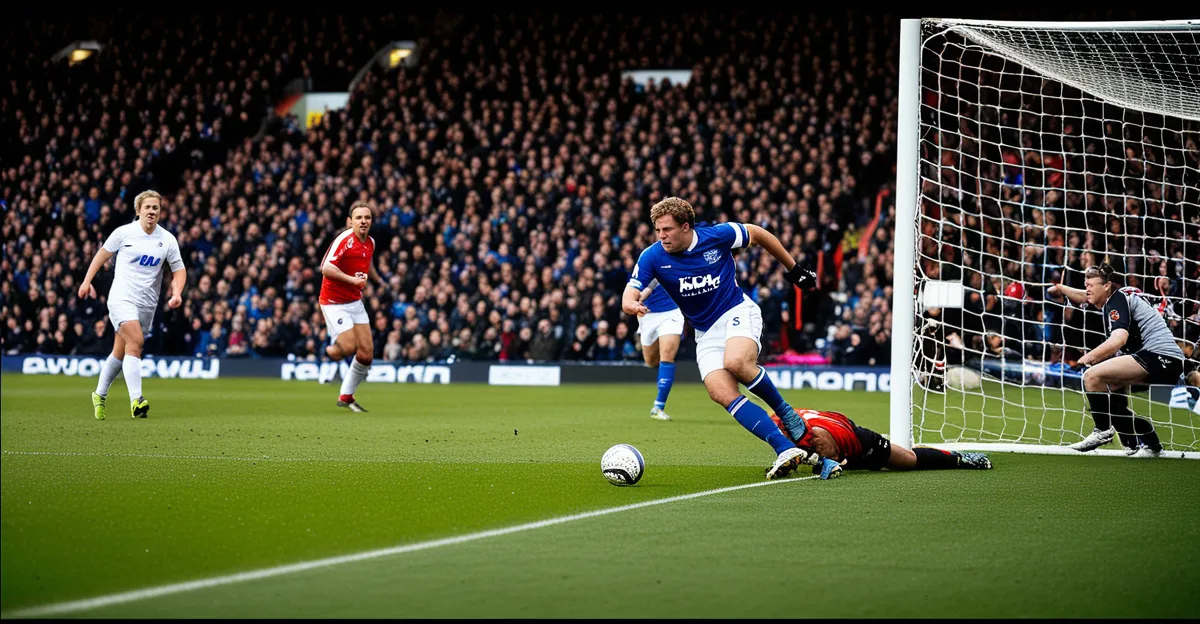Overview of Lesser-Known UK Sports
Lesser-known UK sports include a wide range of activities that remain underrated and often escape mainstream attention. These niche British sports are typically defined by their limited participant numbers, localized followings, or historical specificity. In essence, they do not feature prominently in national broadcasts or large-scale sporting events.
The diversity of these underrated UK sports is extensive. From rural games to urban adaptations, they showcase Britain’s rich sporting culture beyond football or rugby. Many niche British sports, such as caber tossing or mumpers, thrive in small communities or specific regions, maintaining traditions while adapting to modern times.
Also to read : How Can UK Sports Organizations Enhance Diversity and Inclusion?
One main reason these sports are overlooked is media coverage, which heavily favors mainstream competitions. This creates a cycle where underappreciated sports struggle to attract sponsors or wider audiences. Additionally, limited funding and infrastructure play roles in keeping these niche British sports out of the public eye. Despite this, the passion among participants highlights their cultural and social significance, encouraging continued interest and growth in these less visible areas of British sporting life.
Unique Traditional Sports with Deep Heritage
Lesser-known UK sports often include traditional British sports with rich histories, like Cheese Rolling, Shin Kicking, and Bog Snorkelling. These heritage sports date back centuries and originated as local customs celebrating seasonal cycles or rural community life. For example, Cheese Rolling involves chasing a round of cheese down a steep hill, combining daring physical skill with humorous spectacle.
Also read : How Can UK Sports Organizations Enhance Diversity and Inclusion?
Historical UK sports evolved from practical skills or folk rituals, preserved by communities valuing tradition. Shin Kicking, once a form of folk combat from England’s Cotswolds, tests participants’ endurance and resilience through a unique contest of balance and pain tolerance. Bog Snorkelling emerged from the quirky customs of Wales, where competitors race through peat-filled trenches using snorkels.
The cultural significance of these sports extends beyond competition. They strengthen local identity and offer a window into Britain’s past. Despite their niche status, many heritage sports retain strong participation from dedicated enthusiasts, often drawing crowds intrigued by their unusual nature. These events foster communal pride and continuity, enhancing the fabric of Britain’s sporting and cultural heritage in ways mainstream sports cannot replicate.










